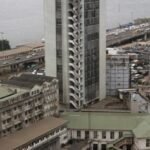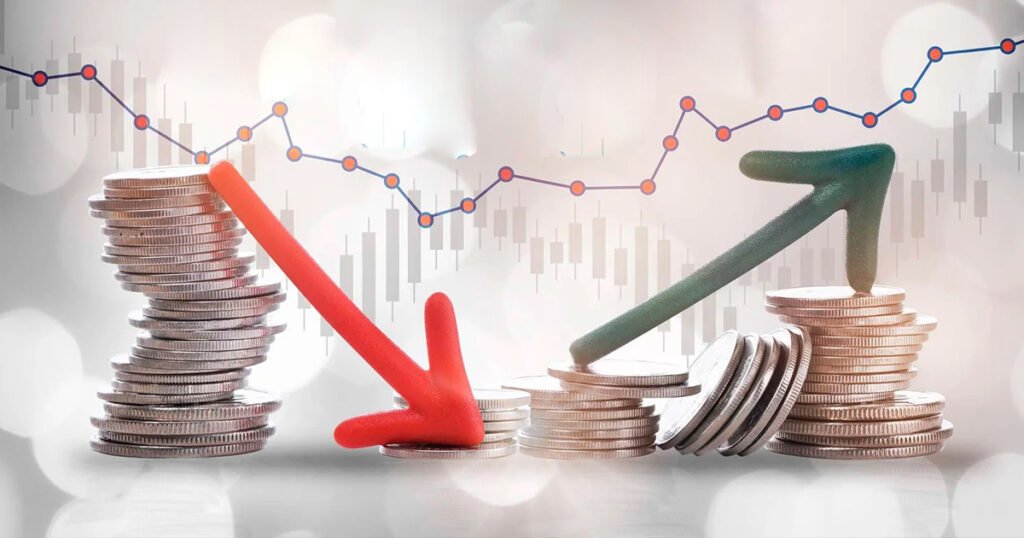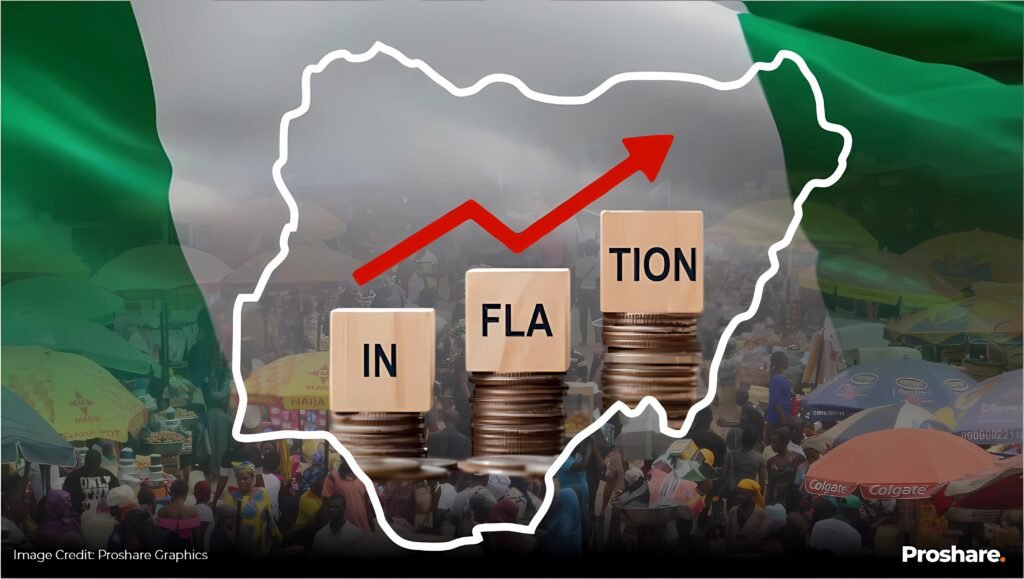Retrospecting 2016:
Year 2016 was a difficult one around the world. From the Syrian refugee crisis; Brexit; American drone wars, to the shocking American Election. However as dark as things were around the globe, it was of a darker hue for Nigerians who had to battle inflation with the shaming of the Naira against its foreign counterparts, amidst the Nigerian economy doing a back flip to twenty nine years ago. In 2016, the National Bureau of Statistics (NBS) confirmed the fears of many that The Nigerian economy has witnessed a contraction of 0.36% in the first quarter and about 2.1 percent in the second quarter, confirming prior speculations by the International Monetary Fund who had posited that the nation was bound to witness a contraction. Alas! Nigeria was in recession for the first time in twenty nine years.
 Moving Forward 2017: Oiling the wheels
Moving Forward 2017: Oiling the wheels
After three successive quarters of contraction in the oil sector (Q1 =-1.89%, Q2 = -17.48%, Q3 = -22.01%) due to low oil prices worsened by constantly declining daily production output in 2016 (Q1 =2.11m barrels per day, Q2 = 1.69m barrels per day, Q3 = 1.63m barrels per day) there seems to be a glimmer of hope for the nation’s economy with the rise in the price of Brent crude.
The Managing Director and Chief Economist, Global Research, Africa, Standard Chartered Bank, Razia Khan noted in an interview with Reuters that the Nigerian economy would experience growth in 2017 despite the current economic recession. Khan predicted a 2.8% growth.
A senior analytical adviser at Moody’s, Aurelien Mali, was slightly less optimistic with projections. The economy expert predicted a 2.5% expansion provided the country sustains its 2.2million barrels per day production (mbpd) with oil price not less than $45 per barrel. “With resumption of oil production and the dollars that should come, we expect that Nigeria would be able to accelerate the implementation of the budget. With acceleration, we expect that (growth) could reach 2.5% next year,” he has said.
This development is expected to help the Federal Government build foreign reserves to strengthen the value of the Naira (which devalued by over 100 percent within the last 18 months) and provide funds for implementation of the budget on capital projects, social intervention funds, payment of salaries etc. to lubricate commerce at the retail end and enable proper cash flow among citizens.
However, the global rise in the price of Brent crude would not mean much for the economy should the Niger Delta militants continue oil pipeline vandalization and kidnap of expatriates unabated, leading to a production output less than the 2.2million b.p.d earmarked in the 2017 budget.
 Securing the forecast growth
Securing the forecast growth
President Muhammadu Buhari’s volte face in handling the Niger Delta imbroglio is encouraging. An infographic by budget communication firm BudgIT shows that 24 oil facilities were destroyed by militants in the first half of last year. But since the President changed his brute approach to dialogue with elders of the oil-rich Niger Delta region, there has been a bit of calm currently being enjoyed in the region.
Ushering in the New Year with a message stating his commitment to explore peaceful resolution with the aggrieved Deltans suggest that Nigeria would see less of vandalism in the region in 2017 making the 2.2mbpd projections plausible.
He said: “We will continue to pursue peace initiatives in the Niger Delta as I again call on our brothers in that region who have taken to violent disruptions of economic infrastructure to come to the negotiating table.”
The renowned African economy expert Razia Khan warned that Standard Chartered Bank’s 2.8% real GDP growth forecast for 2017 is projected “on a weaker base”.
“Important reforms, not least those centered on Nigeria’s foreign exchange market, are required to unlock faster and more sustained economic growth, in our view. Despite the challenge posed by weaker oil earnings, Nigeria’s record on economic reform to date has disappointed,” she explained.
 Forex Policy
Forex Policy
The actualization of Nigeria’s economic rebound remains shaky on the inconsistency of its forex policy. Experts have argued tirelessly for the devaluation of the Naira, allowing free market forces to determine its real value but the government is adamant, interfering and fixing market prices. While the dollar goes for over N450 at the parallel market, the official rate is at N315 and the government did order security forces to arrest Bureau De Change (BDCs) selling above N390 for a dollar just to force the market into subjection.
Nonso Obikili, a research associate at Economic Africa suggested that one of the ways to do this is the Central Bank fixing the country’s foreign exchange quagmire through a cohesive approach. She said, “Fiddling with the foreign exchange market is a recipe for economic collapse. The controls and multiple markets need to go and a properly functioning market without price controls needs to be implemented.”
Tunji Andrews, a Lagos based economist also observed the need for the federal government to renege on its currency control war citing that the need for a cohesive policy reform to if the country’s coffer is to burgeon. He said “The federal government and the Central Bank of Nigeria are scared of a weaker currency and this is a valid fear but every form of capital control will only worsen the already bad situation.”
The direction of the government on its forex policy in the New Year remains to be seen but financial pundits have warned that the Naira could go low as a thousand to a dollar if the government doesn’t change its policy.
“The economy is at the lowest it has been in terms of confidence in a long time and needs something of a morale boost—a major reform in one of the sectors could be that boost.” Andrews particularly advocates business reforms starting with a “serious campaign to move Nigeria 10 steps higher on the ease of business list.”
Last year, World Bank’s Ease of Doing Business report ranked Nigeria at 169 out of 190 countries analyzed. Improving the ease of doing business, Andrews says, will send signals to reticent foreign investors that the country is “once again open for business.” Per the World Bank report, there is much to improve on: across ten business areas analyzed, Nigeria ranked in the bottom half in eight categories.
The good news is that based on all these projections, the economy is expected to rebound in 2017 after contracting for the first time in over three decades in 2016. The recovery, however, will be slow and fragile, with projections from the 2017 budget suggesting a 2.5% GDP growth rate with exchange rate falling to 305 = $1 and inflation dropping to about 12.92%. These projections are based on expected increased earnings in the oil sector, meaningful diversification into the agricultural sector, and healthy monetary and fiscal policies. Thus, for these projections to become a reality,
4 things must be put in place by the Nigerian government: synchronized fiscal and monetary policies by the finance ministry and central bank to ease the tight liquidity and the huge disparity in the forex market; quick passage and proper implementation of the 2017 budget, a serious focus on the agric sector as an alternative to oil and a sustained level of crude oil production at 2.2m barrels per day with the hope that the price of Brent crude remains at about $45 – $50 per barrel as predicted by leading financial experts.


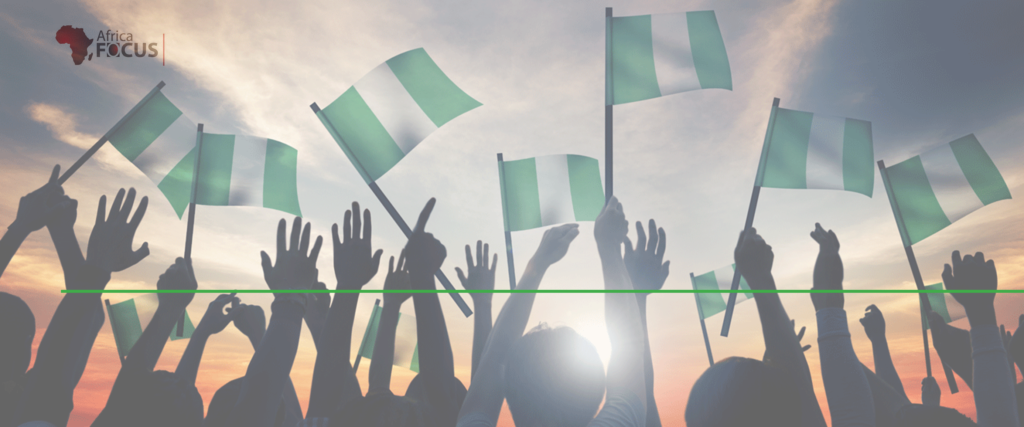
 Moving Forward 2017: Oiling the wheels
Moving Forward 2017: Oiling the wheels Securing the forecast growth
Securing the forecast growth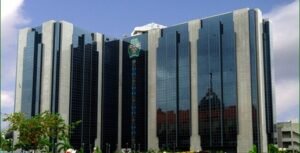 Forex Policy
Forex Policy